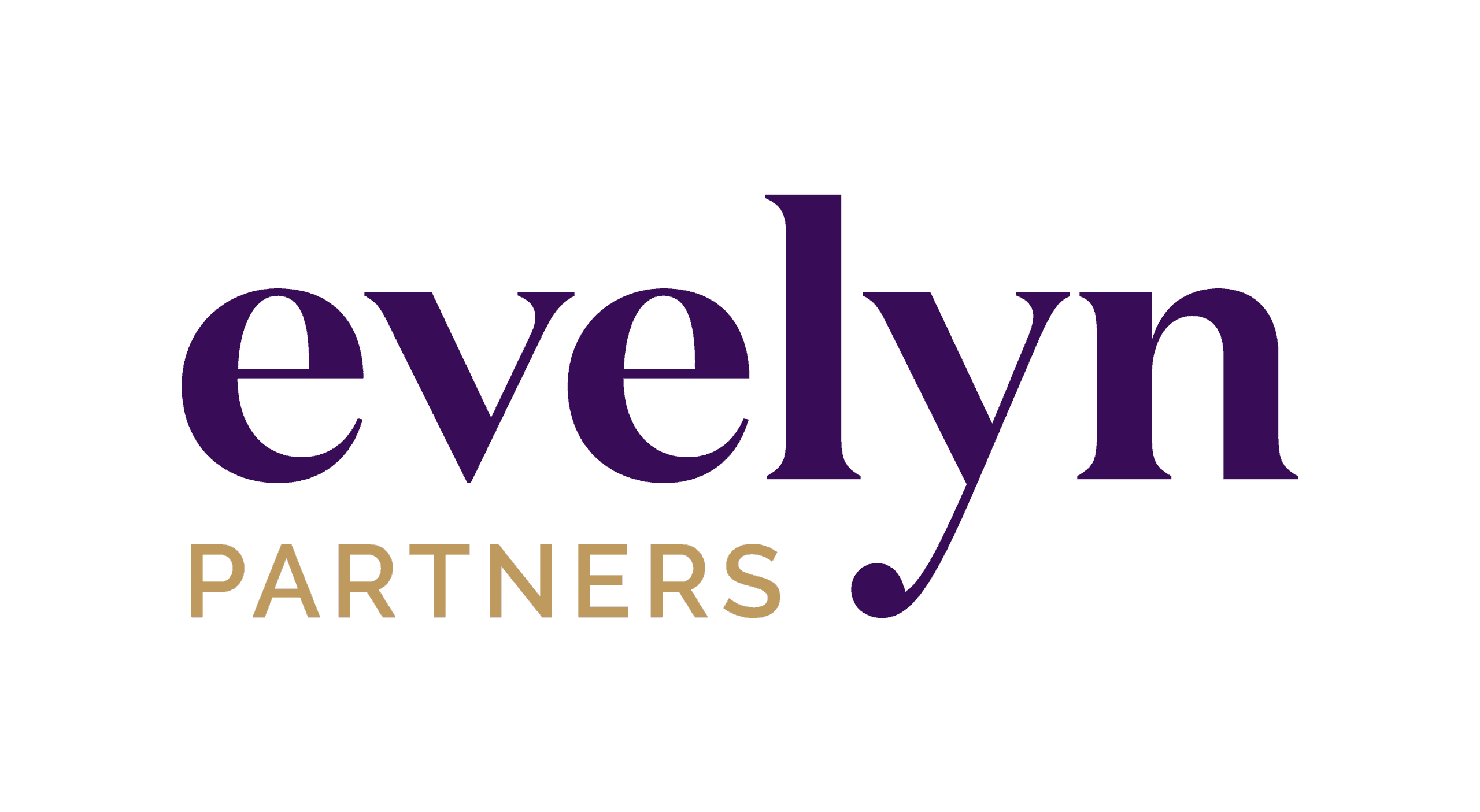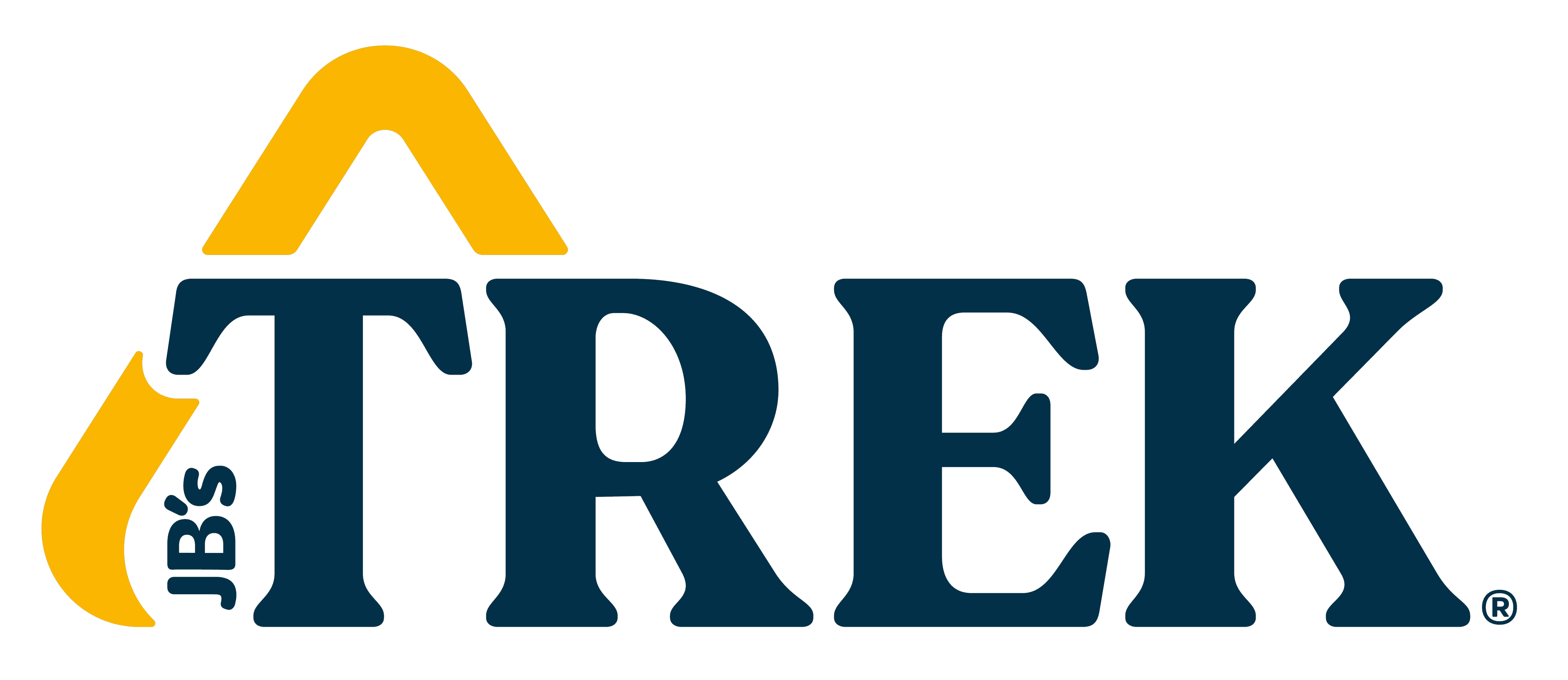Saracens study demonstrates major socio-economic impact in Barnet and London
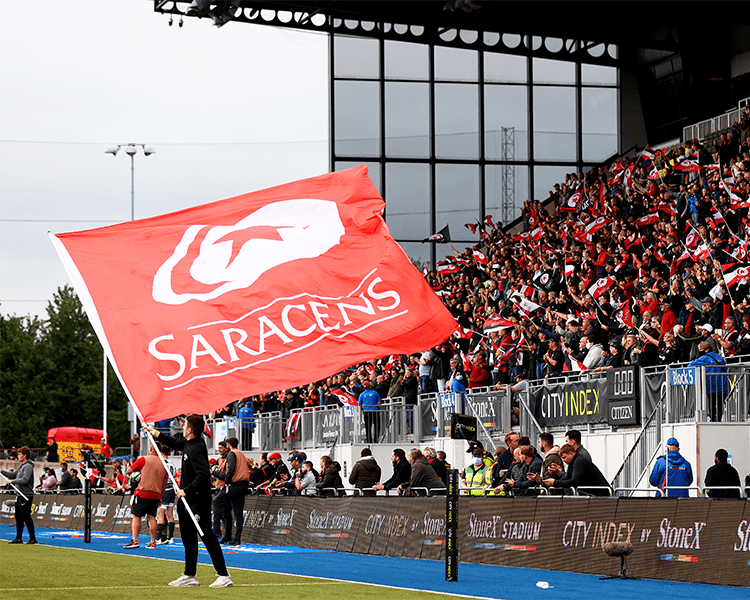

Saracens today publishes an EY report which has, for the very first time, enabled Saracens to articulate the value of the considerable economic and social impact that Saracens and its group of associated organisations has within its community.
Peter Arnold, Chief Economist and Partner, EY, said: “Saracens can be justifiably proud of its impressive contribution to local economic and social activity. The findings demonstrate the value of Saracens to the local economy, community and the wider-ranging impacts of the Club”
The report, commissioned by the Saracens Group, found that in the year prior to the COVID-19 pandemic, close to £1m was invested by the Saracens Foundation in health and wellbeing, education and community initiatives, engaging over 12,600 diverse participants, delivering over 16,600 hours of community programming; this activity generated a social value of £5.9m – creating a Social Return on Investment of £6.60 for every £1 invested. By comparison, the average SROI across sport as a whole is estimated at just £3.28.
The contribution to the local economy was also significant. There were over 216,000 total visits to StoneX Stadium during the year, with visits by supporters to Saracens Men’s match days adding £5.4m to tourist spending in the Barnet and Greater London economy. Overall, Saracens’ economic activity contributed a total of £37m in Gross Value Added (GVA) and created close to 700 jobs.
In the broader wide-ranging impacts of the club, the report also noted the ‘Saracens High School’ and how the club was the first professional sports team in the world to open a mainstream secondary state school. A Saracens Primary School is on the way.
Neil Golding, Chairman, Saracens, said: “The publishing of this report comes at a very exciting time for the Saracens Group. A new consortium of investors is committed to build on the Saracens legacy that has been created by Nigel Wray. Much of the tremendous work and achievements shared within this report can be linked back to Nigel’s personal determination that Saracens would become ‘more than just a rugby club’.”
Cath Shaw, Deputy Chief Executive, London Borough of Barnet, also said: “It comes as no surprise to the council that Saracens’ impact in Barnet goes far beyond the stadium itself, and it was in recognition of this that the Council was delighted to award the Club the Freedom of Borough in 2018. The Saracens High School is just one example of this commitment. Along with the jobs Saracens bring to the borough and the work of the Saracens Foundation, this makes Saracens so much more than a sporting partner, as evidenced by this report.”
Lucy Wray, Chief Executive, Saracens, added: “We are extremely proud of the results of the EY study and the independent evidence it provides of the positive contribution that the Saracens Group makes within our community. The report provides us with a base line from which to build, and we are now focused on working with our partners and all our stakeholders in order to further increase our social and economic impact and improve our environmental sustainability. I would like to thank our partners, staff, players, coaches, supporters and everyone in the Saracens family for making all of this possible.”
Click here to view the detailed report.
Key findings of the Saracens Social & Economic Impact Study included:
Saracens Foundation activity generates a social value of £5.9 million, engaging over 12,600 diverse participants, provided over 16,600 programme delivery hours, with a Social Return on Investment (SROI) of £6.60 for every £1 invested. The average SROI across sport activity in general is estimated at £3.28.
Saracens' economic activity contributed £37 million in Gross Value Added and created close to 700 jobs.
There were over 216,000 total visitors to StoneX Stadium, with visitors to Saracens Men’s match days contributing £5.4m to the local tourist economy.
- The Saracens Social and Economic Impact Study focuses on the 2018/19 season, this being the most recent representative full year of operations for Saracens, owing to the disruption caused by the COVID-19 pandemic.
- The Social Return on Investment (SROI) reflects the total value of benefits per £1 invested. Any figure over £1 suggests that the social value generated from initiatives exceed the total cost of delivering the initiatives.



